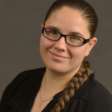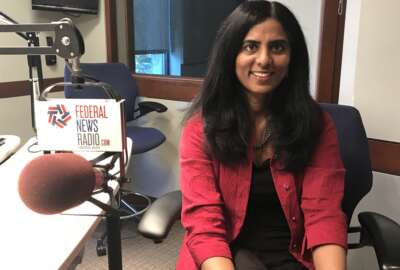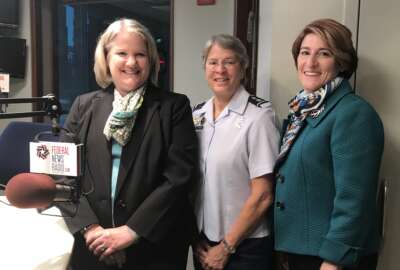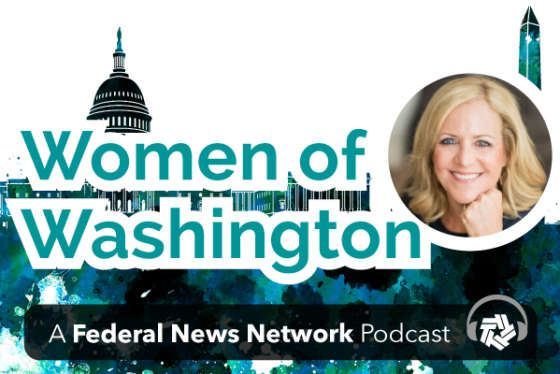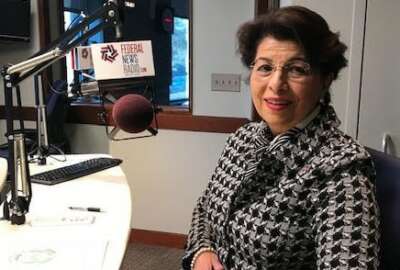
Maintaining the right ecosystem for success
Melanie Corcoran-Freelander, chief technology officer at Ursa Space Systems, said her secret for success hits very close to home: Strong support system.
Best listening experience is on Chrome, Firefox or Safari. Subscribe to Women of Washington’s audio interviews on Apple Podcasts or PodcastOne.
Only you know what’s best for you. But time is the only true measurement of how “right” those choices are.
On this episode of Women of Washington, Gigi Schumm welcomed Melanie Corcoran-Freelander, chief technology officer at Ursa Space Systems — a company focused on geospatial-intelligence and data services. In this role, she focuses primarily on the long-term vision of radar sensing and what the company will do, who will be involved and how to market their products to both commercial and government companies.
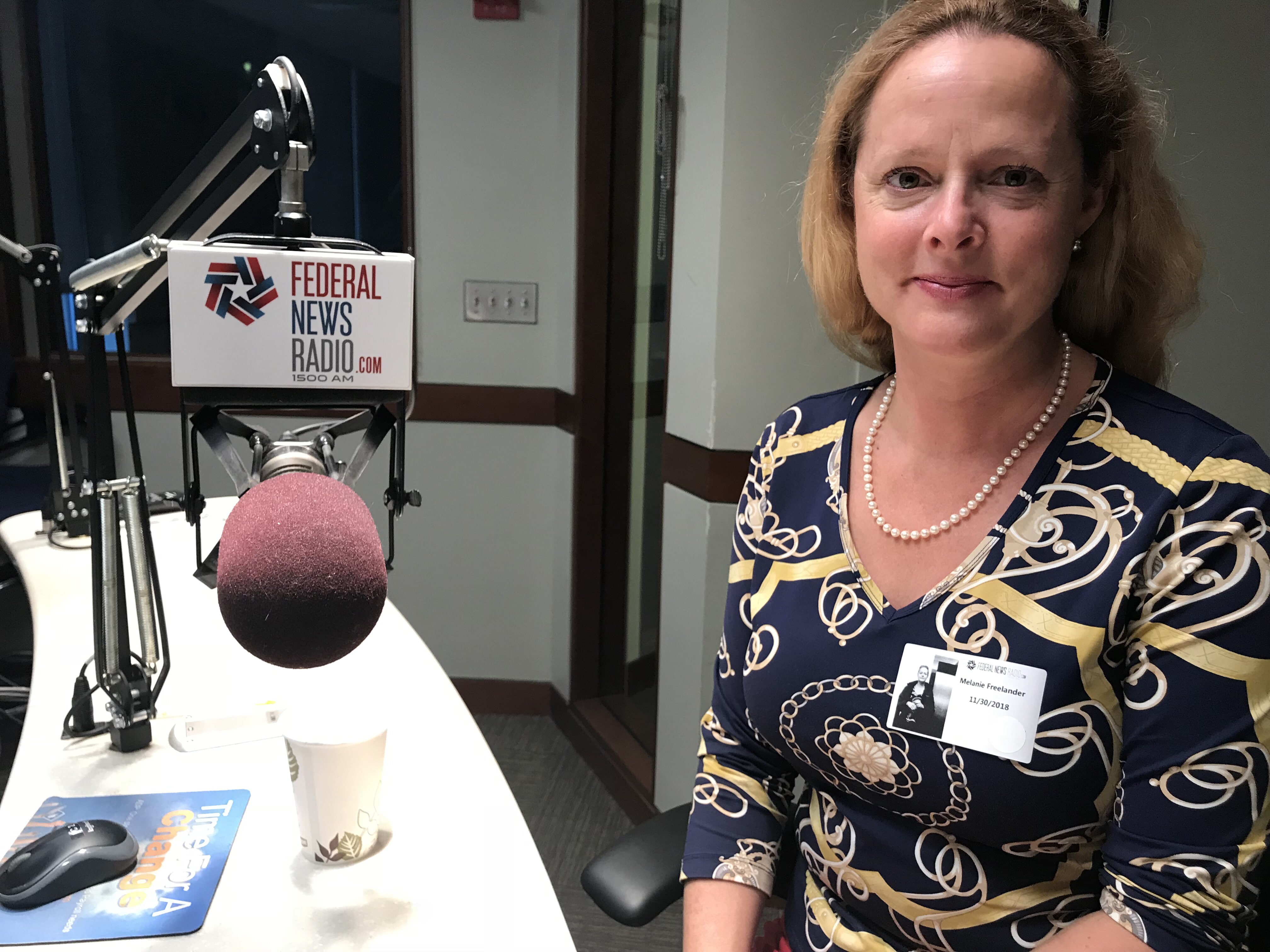
Before joining the Ursa team, Corcoran-Freelander ran her own company: Analytic Fusions. In this role, she served as an adviser to bleeding-edge companies to help promote their technology vision and foster success in federal markets.
For three years, her career was focused on the relationship between those companies and the federal government.
“I knew what technologies the U.S. government really needed and I had the exposure to a number of great startups that were cultivating and creating those new technologies that the government needed to acquire,” she said. “So in many ways for me, my consulting company just had to happen.”
Corcoran-Freelander did find success with her company, but when she was contacted about becoming CTO for Ursa, she saw a new opportunity to help a business grow. She also helps in the recruitment department shining light on entrepreneurs and other cyber talent to join their workforce.
“Entrepreneurs are like gladiators. Even if the odds are against them, they still get up day in and day out and they keep going,” she said, quoting Tony Robbins, a well-known entrepreneur, author and philanthropist.
Widening your vision
Everyone has probably had — though not necessarily appreciated — people in their lives that go the extra mile to push you to make certain decisions, Corcoran-Freelander said.
“Great mentors understand how to look at you as a person, understand what you need and how to open your aperture beyond what you can see,” she said. “It’s those people that care enough to understand who you are and customize advice to help you grow to be your best.”
Sometimes your choices are based on a gut feeling. Corcoran-Freelander actually moved to the west coast to study for her MBA at the University of Southern California on a whim. The nice sunny weather and opportunities to expand into the international market, particularly Asia, were deciding factors. It was her mentors at USC that really opened her eyes to accounting and understanding how to manage finances for entrepreneurship.
You do not have to be an expert in everything. But you do need to know who and when to ask for help. Asking for assistance is not a sign of weakness, she said.
Making the right decision
We are all in the same place. Men and women in both career and private sector roles need to learn how to take calculated risks when making important career choices, Corcoran-Freelander said. And while those choices may seem difficult on the outside, sometimes they can be the easiest decisions to make. It’s all about the trade off.
She said for balance in her life, she relies heavily on her phone for both her Ursa and parenting responsibilities. It’s a tool with her calendars for work and home, plus the ability to keep in contact with those who help her take care of her kids. And sometimes, she just wants to spend time with her family.
“The key component that you have to walk away [with] from those decisions are that they’re not lost opportunities,” she said. “That is always and will always be one of the biggest struggles for working mothers.”
Related Stories
Through her work alongside federal government, Corcoran-Freelander said she has also noticed some women evading promotion opportunities in order to maintain that balance. But she sees the workforce evolving. For example, there are now more opportunities for men and women to work from home. But finding a true balance will continue to be a struggle because those networking opportunities are career investments.
Even she continues to struggle, she said. That is where her secret weapon, her support system, comes in.
“I wish I was able to achieve it … thankfully I’ve got the right support system in place. It’s one of the goals I’m working towards. Definitely with my fantastic team, I like to remind them they need to leave and stop working. But it’s definitely more of a do as I say and not [as] I do,” she said. “Until then, I’m just very lucky my family still loves me.”
Copyright © 2025 Federal News Network. All rights reserved. This website is not intended for users located within the European Economic Area.
Steff Thomas is a digital editor at Federal News Network.

